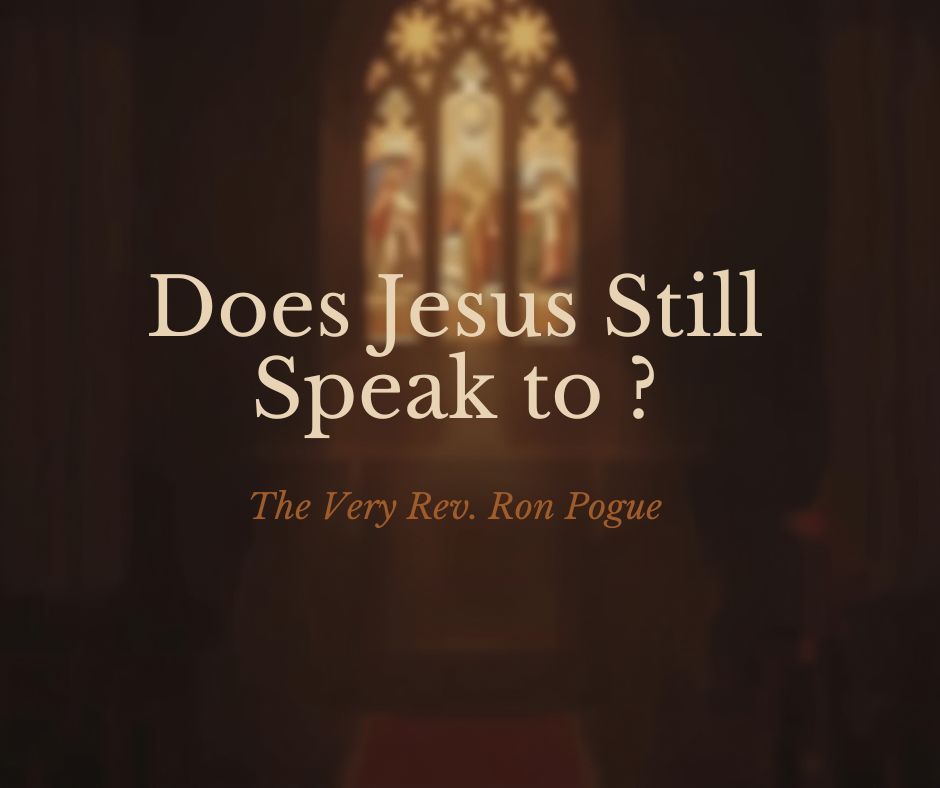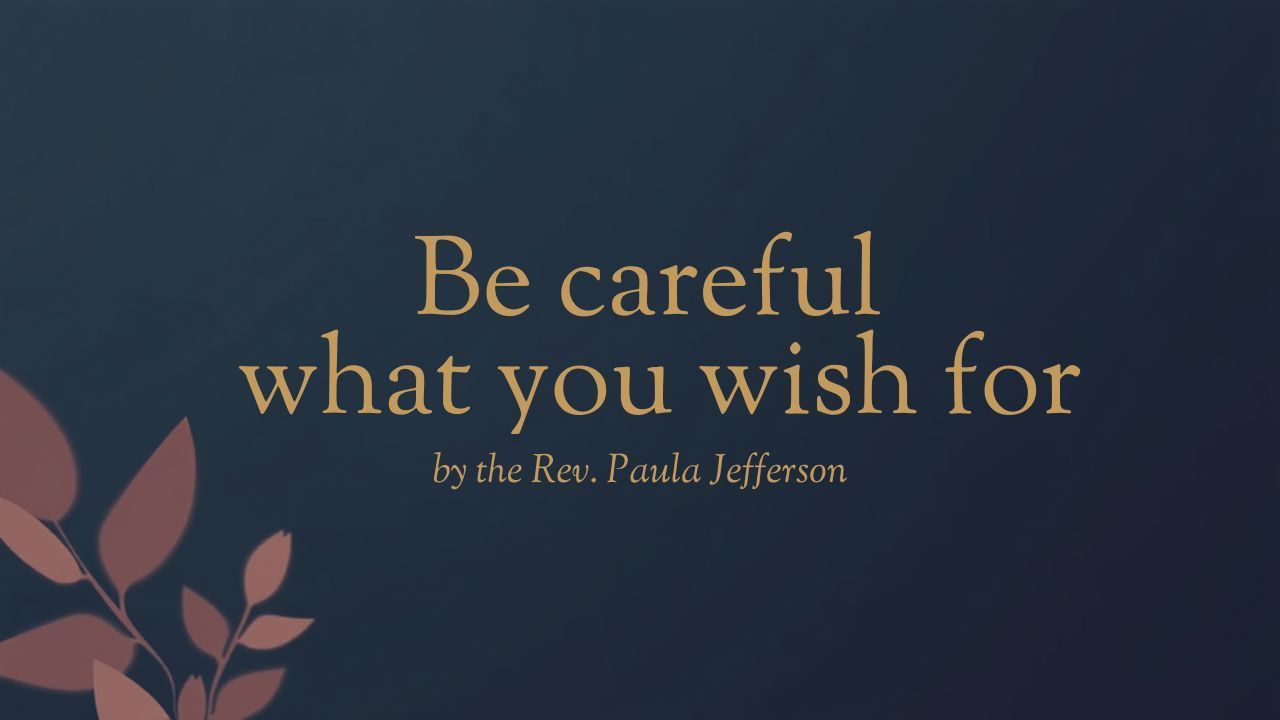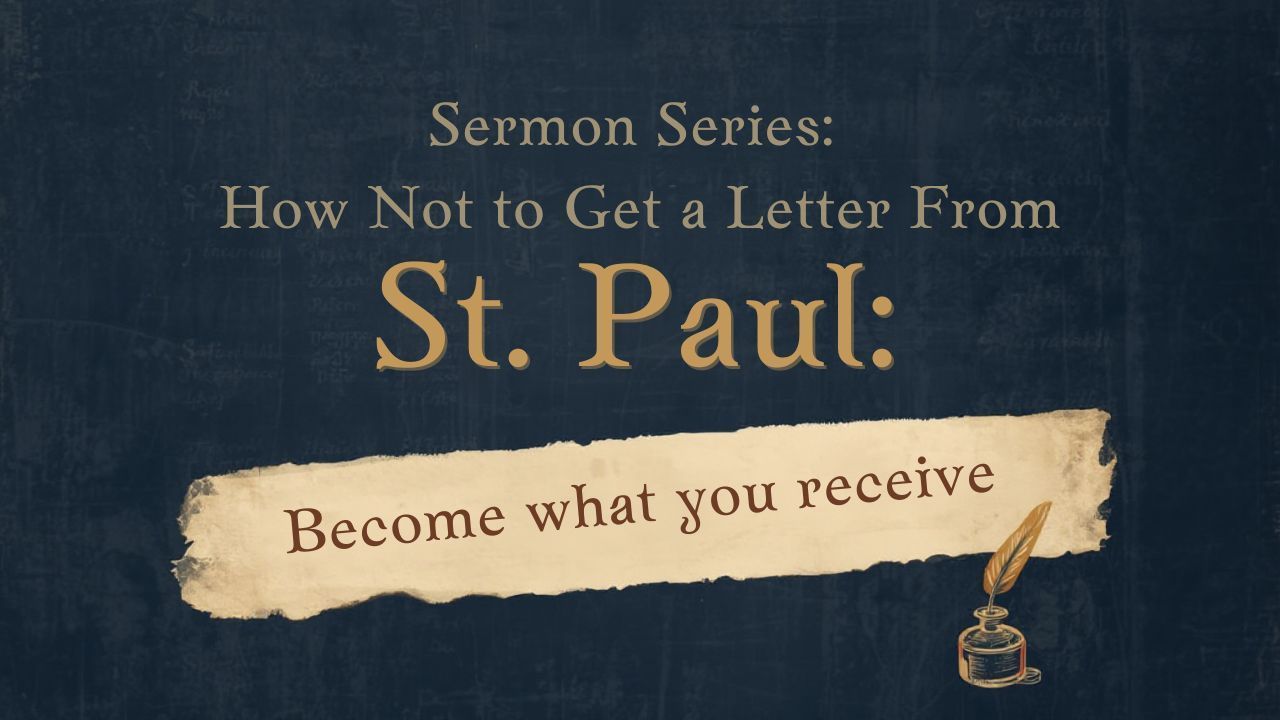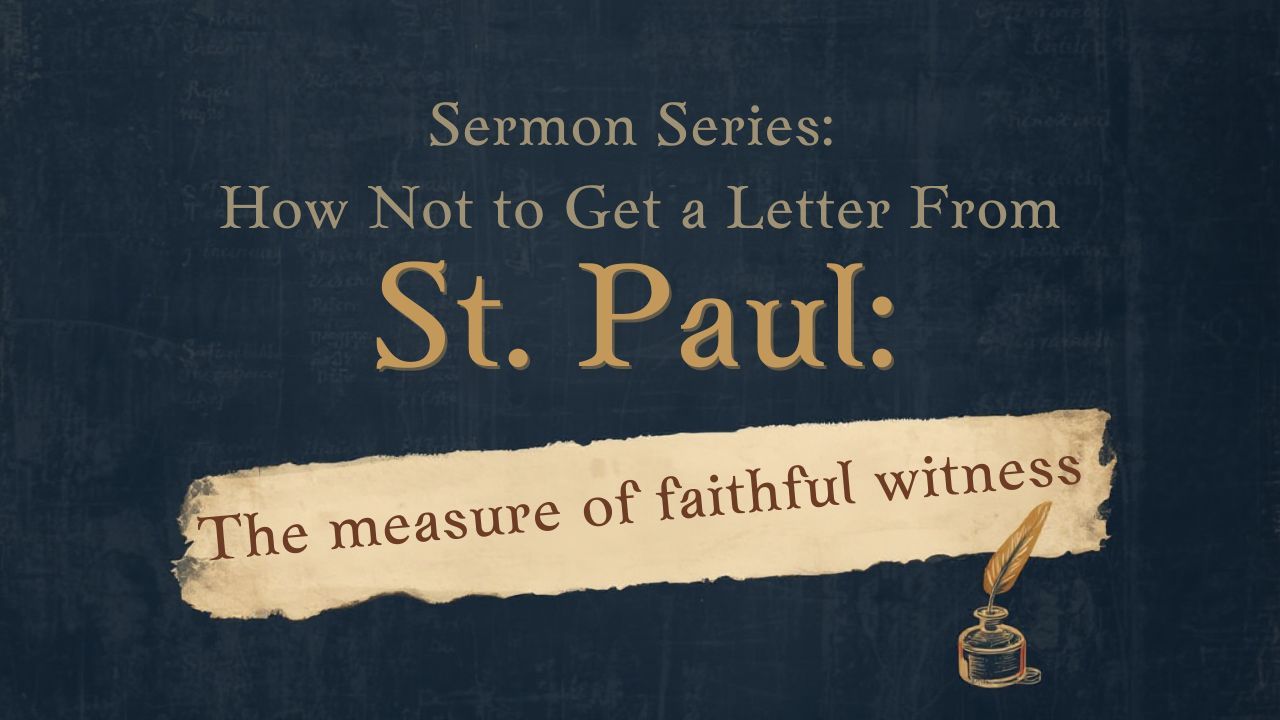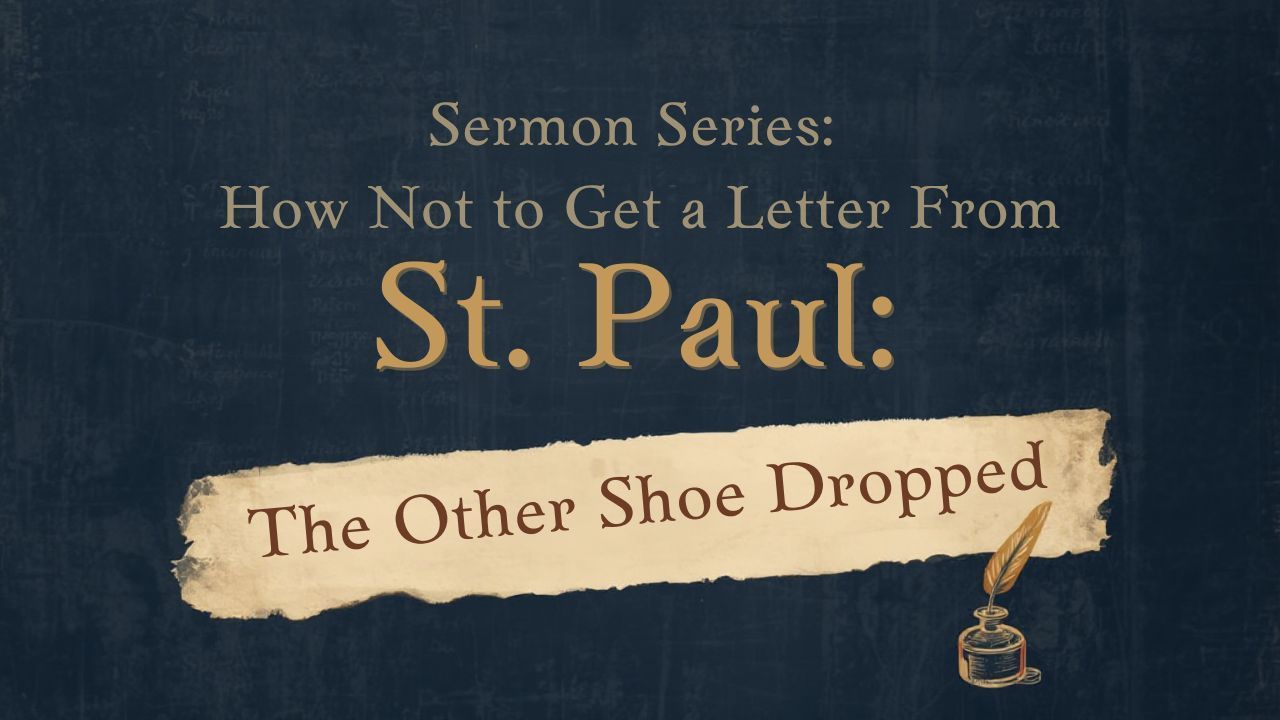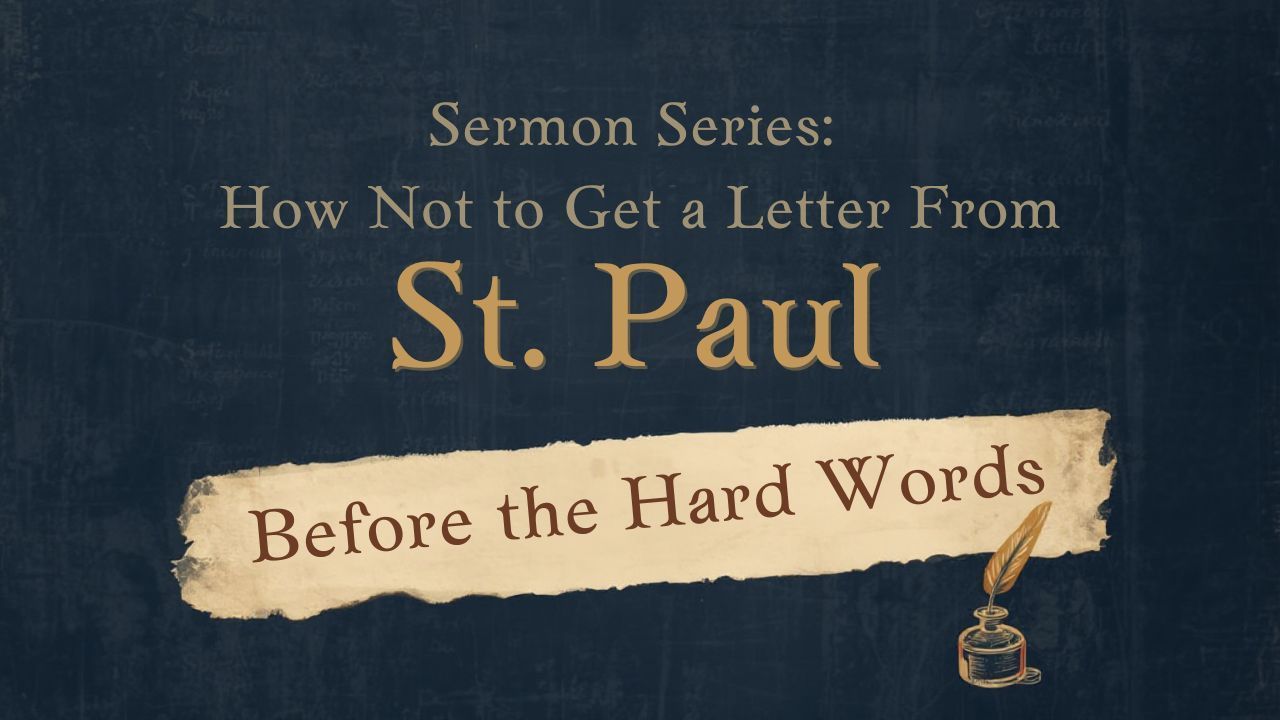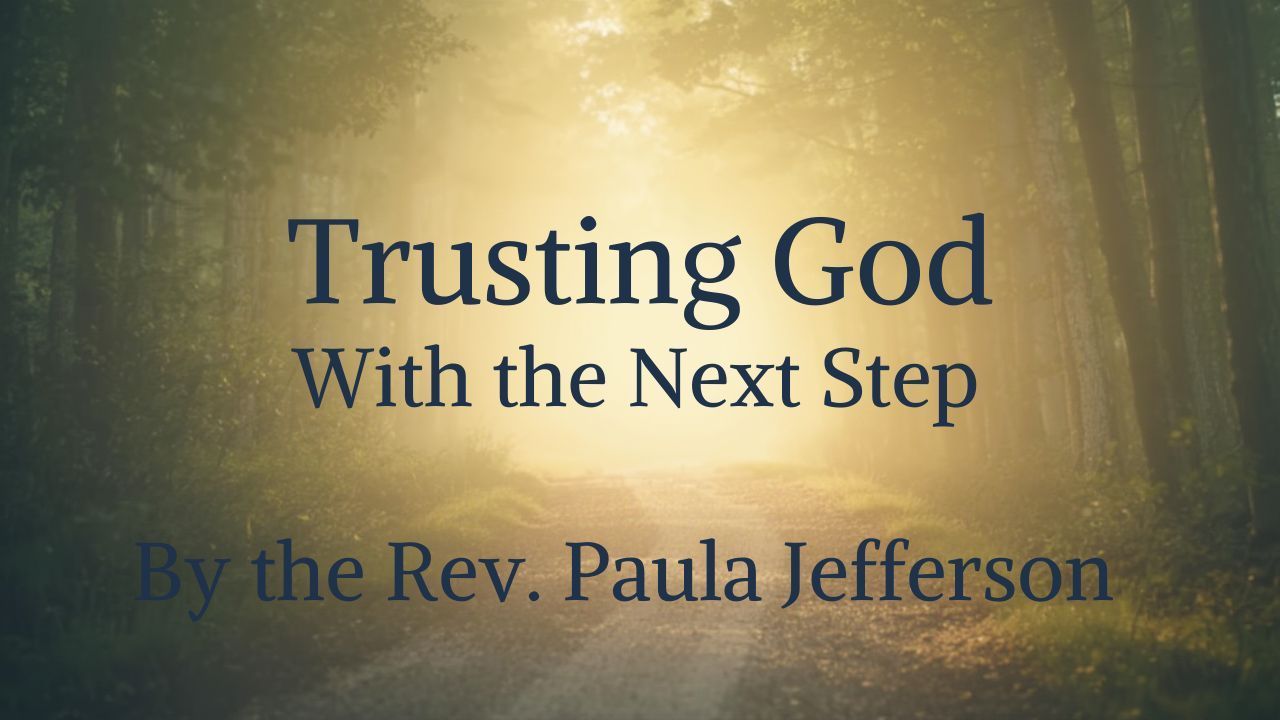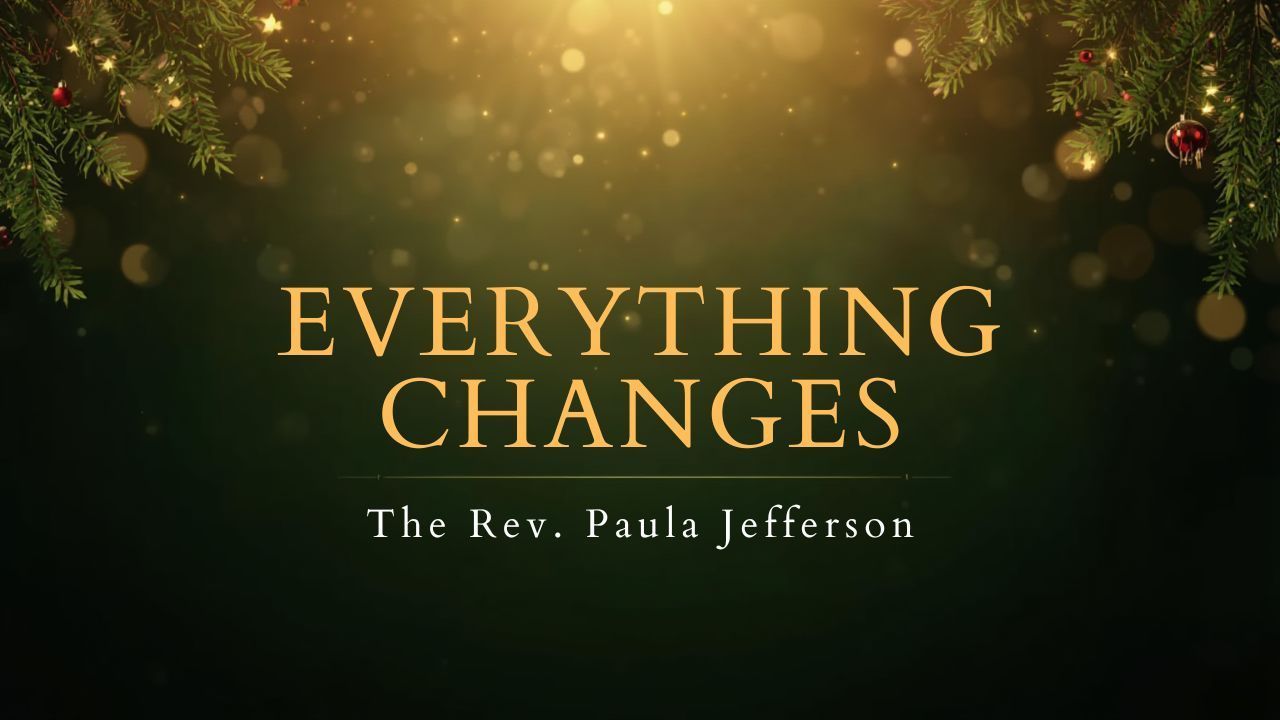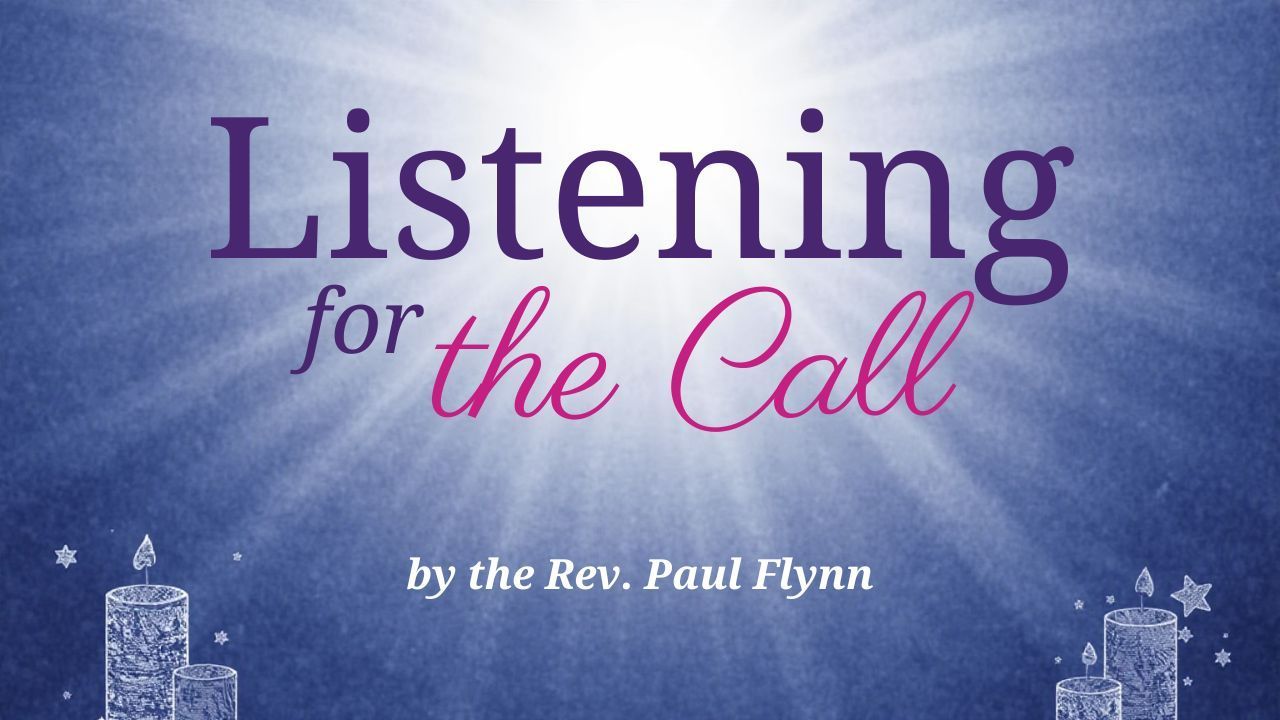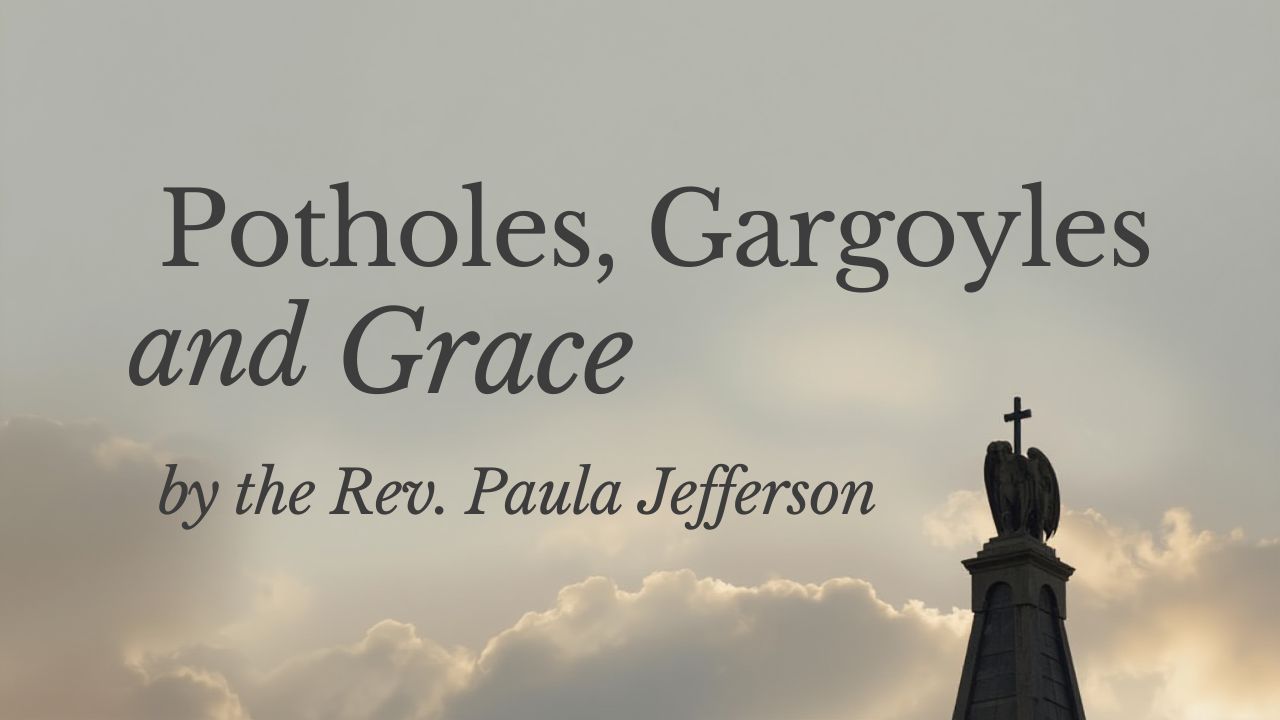On Saturday evenings, my parents often entertained friends. My favorites were Edge and Evelyn. They were farmers who lived outside of town. After chores, they’d come for supper and then we’d all settle in the living room for conversation.
Edge had a favorite chair, an original Barcalounger recliner. It was an old, comfortable chair. He’d settle into it, light his pipe, and then the adults would talk about everything going on in the area. Being the elder stateman, Edge always had the final word.
A lot of wisdom was passed down from that recliner.
The story of Hannah has many facets, and many possible directions for a sermon.
Last week, as I revisited the story, something new drew my attention. It kept turning in my mind like a Rubiks cube. I wondered how it might relate to our lives.
To hear Hannah’s story deeply, it helps to know about the culture in which she lived: ancient Israel, thousands of years ago.
In her time, preserving the family lineage through heirs was vital. For men, it was the way of ensuring one’s legacy. For example, in the beginning of Matthew’s Gospel, Jesus is positioned in a long list of patriarchs and a few matriarchs who preceded him in life. His human identity was rooted in his ancestry. Men of means were able to afford more than one wife, giving them a better chance to secure their place in lineage.
For women, children were like ligaments connecting them to the family tree, to their kinfolk. Children ensured that they would be well cared for in later life. Of course, not all women were able to produce heirs—this theme occurs many times in Scripture. Whenever it appears, Yahweh is in the conversation. In ancient times, fertility was sacred mystery—given or taken by Yahweh.
Hannah and Peninnah show us very different ways of responding to adversity.
Peninnah is one of Elkanah’s wives. She has produced several children, and she has a husband who faithfully provides an allotment for her and for each of her children. Her connectedness to the family tree is secure. Yet this woman has a “mean girl” streak in her. Every chance she gets, Peninnah pokes at Hannah. When Hannah’s lack of children is most public and Hannah is most vulnerable, Peninnah provokes her to tears and anxiety.
It's hard to like Peninnah in this story.
But, what if we re-read it through Peninnah’s eyes?
Elkanah (her husband) provides food to Peninnah on every feast day. But to Hannah—his other wife--he gives a double portion because, “he loves Hannah”. Ouch. Peninnah has secured Elkanah’s legacy, she has produced his heirs, she’s raising teenagers, chasing toddlers, and changing diapers. And her husband gives Hannah a double portion. The favor shown to Hannah must sting.
Reading the story through her lens, I have some compassion for this character. But, rather than putting herself in Hannah’s shoes and feeling compassion for another person’s journey, Peninnah only sees the situation from her own recliner. Out of her woundedness, she strikes at Hannah—the most vulnerable person in the story.
I don’t know about y’all, but I’ve sat in that recliner, too.
Hannah is, of course, bereft. For her, there is no solace in Elkanah’s favor or even his love.
She goes to the temple and presents herself to Yahweh. She begins to pray from the depth of her soul: ‘O Lord of hosts, if you will give to your servant a male child, then I will set him before you for all of his life.’
In our modern culture it is hard to fathom Hannah’s promise to God.
She asked for a son and vowed to give that son to the temple, where he would be raised by the priests to serve God.
Yahweh did bless Hannah with a son. She named him, “Samuel,” which means, “God has heard.”
Reading Hannah’s story through her eyes, is humbling.
Hannah is comfortable. Elkanah provides for her, and through his kinfolk, Hannah will always be comfortable. She is loved. Elkanah’s love for her is so great, he cannot figure out why she’s not content. What more, he asks, could you possibly want?
Hannah longs to know God’s blessing for her. To know with certainty that God hears her prayers and is present in her life.
We’ve all been in that recliner, too.
What Hannah chose to do with God’s blessing is mind-blowing. Hannah gave her son, the first fruit of her walk with God, to God’s service. She received God’s blessing and paid it forward. In Chapter 7 of 1 Samuel, we learn that Samuel walked closely with God and judged Israel all of his life. He was a good person.
Hannah’s selfless offering to God became a blessing to the world.
Peninnah and Hannah: Both of them had difficult lives. One turned on the other—One turned to God. Both of them were blessed by God. One of them knew it—one did not.
When my parents moved from town to the country, the old brown Barcalounger didn’t fit with Mom’s décor. So the chair went to Edge and Evelyn’s home. In the winter time, I’d ice skate miles on the Cowanesque River from our home to their farm. Edge would meet me at the river with his tractor and bring me back to the farmhouse.
The whole house was heated by a potbelly stove in the kitchen, and the Barcalounger sat by the stove. I remember the hot chocolate, the smell of my mittens drying on the stove, and the love of Edge and Evelyn. They were poor, Appalachian farmers, who knew a thing or two about adversity. In their home, I knew generosity, hopefulness and joy.
Adversity is a universal reality. Everyone experiences it. The question is: how do we respond?
From Peninnah’s story, we know that settling into your neighbor’s recliner and seeing the situation through their lens can help us feel compassion for our neighbor.
And from Hannah’s story, we know that compassion for another is a beginning—but it is not enough. We are called to action to leave our metaphorical recliners and immerse ourselves through prayer in God’s calling.
We are changed in prayer. We acknowledge that we do not control much at all. We need God’s help and wisdom and love.
The Daughters of the King are having a quiet day next Saturday. As we turn toward Advent, their meditation theme is: “For what are you waiting this Advent”?
Hannah knew what she was waiting for. What are we waiting for?
